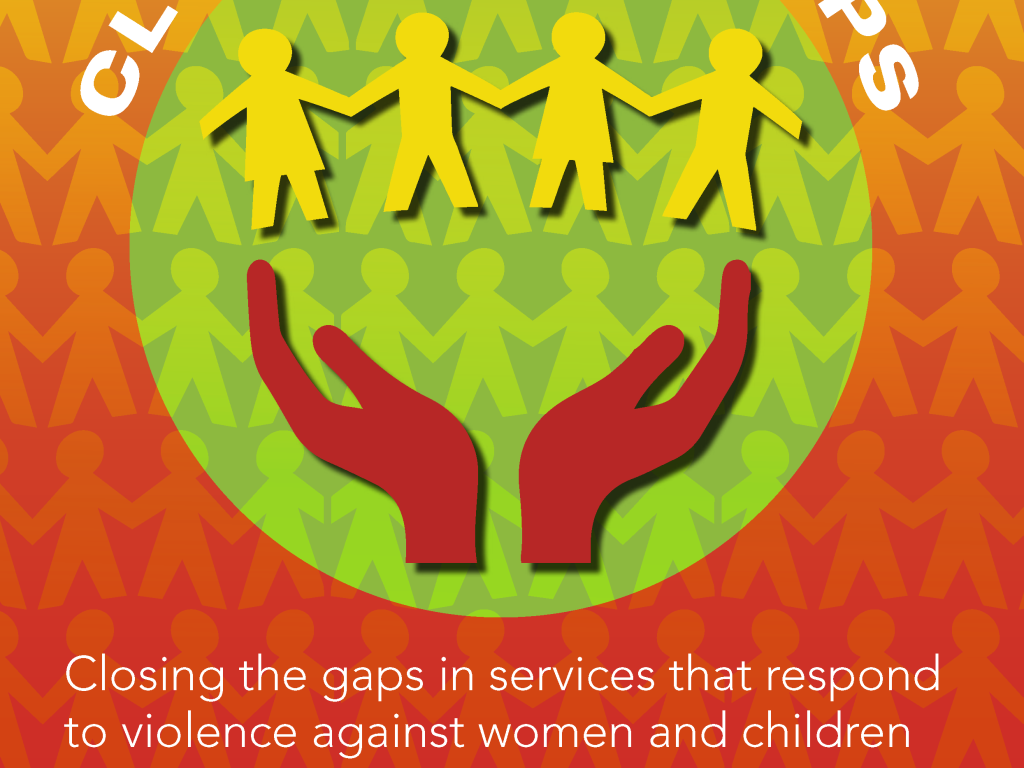Closing the gaps in services that respond to violence against women and children

There is increasing evidence of the interconnections of intimate partner violence (IPV) and violence against children (VAC), such as that they share the same drivers and concur in the same households. Both forms of violence lead to similar health outcomes and have implications for the intergenerational transmission of violence, with intergenerational effects that reinforce gendered social norms and drive violence across.
While women need services to support their own recovery, work through their trauma and regain their independence, many women come to shelters with their children, who are likely to have been exposed to or experienced violence. What is required is an integrated set of services that increase women’s and children’s access to justice and address the needs of both women and children to prevent further victimisation.
Yet, little is known about what women and children want from services or how they experience them, especially in rural African communities. The rationale behind this study is to begin to understand how services are delivered in two communities in the Eastern Cape (Buffalo City and Gcuwa) and to start a dialogue about what needs to be in place to deliver culturally appropriate services for women and children who have experienced violence.
